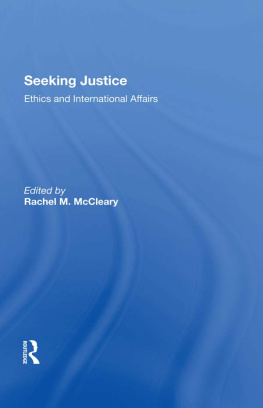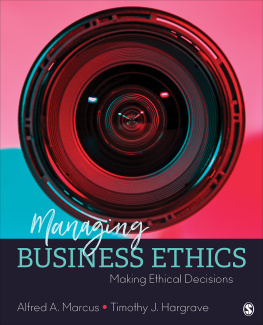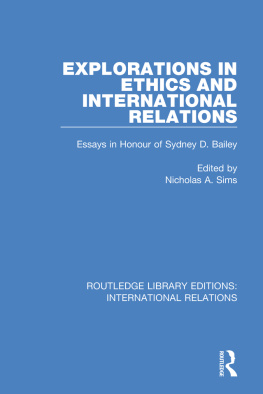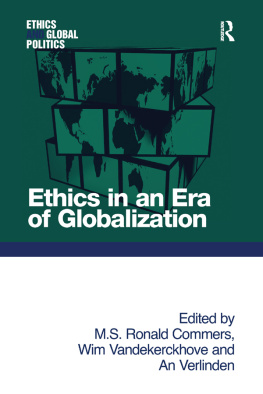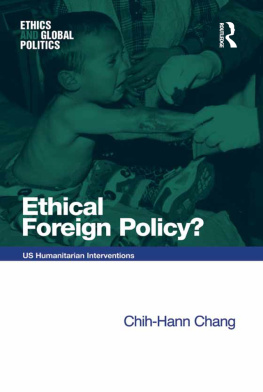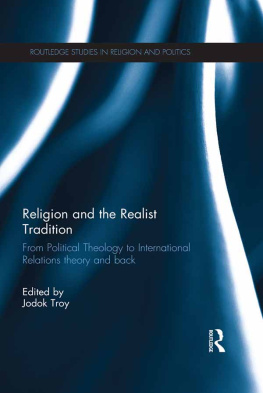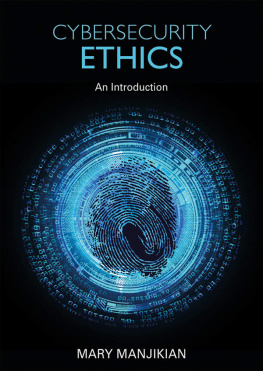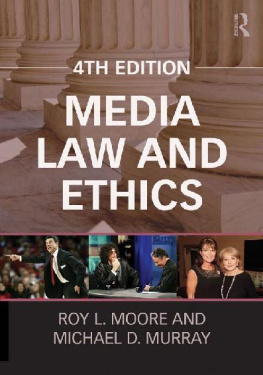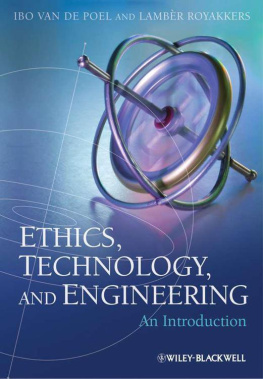Titles in This Series
Seeking Justice: Ethics and International Affairs, edited by Rachel M. McCleary
Many Voices: Multilateral Negotiations in the World Arena, edited by Abiodun Williams
Making Peace: The United States and Conflict Resolution, edited by Allan E. Goodman and Sandra Clemens Bogart
Falling Friends: The United States and Regime Change Abroad, edited by Martin Staniland
Forthcoming
Talking Trade: U.S. Policy in International Perspective, edited by Robert S. Walters
Dealing with Debt: International Financial Agreements and Adjustments, edited by Thomas J. Biersteker
Case Studies in international Affairs
Series Editor: Martin Staniland, University of Pittsburgh
The case-study approach to teaching and learning is on the rise in foreign policy and international studies classrooms. Westview Press is pleased to promote this trend by publishing a series of casebooks for a variety of college courses.
Innovative educators are using case studies to:
- Develop critical thinking skills
- Engage students in decisionmaking and role playing
- Transform lecture courses into interactive courses
- Encourage students to apply theoretical concepts using practical experience and knowledge
- Exercise skills in negotiation, management, and leadership
Each book will include theoretical and historical background material, four to eight case studies from all regions of the world, material introducing and connecting the cases, and discussion questions. Teaching notes will be provided to adopting professors, and to encourage the use of several different books and themes within a single class, the casebooks will be short, inexpensive paperbacks of approximately 150 pages.
The individual case studies making up the heart of each volume were developed in conjunction with seven institutionsUniversity of Pittsburgh, Harvard University, Georgetown University, Columbia University, Johns Hopkins University, University of Southern California, and the International Peace Academyunder the auspices of The Pew Charitable Trusts. From over 140 case studies developed by leading scholars, the editors have selected those studies that thematically and substantively offer the best classroom examples for each topic in the series.
First published 1992 by Westview Press
Published 2019 by Routledge
52 Vanderbilt Avenue, New York, NY 10017
2 Park Square, Milton Park, Abingdon, Oxon OX14 4RN
Routledge is an imprint of the Taylor & Francis Group, an informa business
Copyright 1992 by Taylor & Francis
All rights reserved. No part of this book may be reprinted or reproduced or utilised in any form or by any electronic, mechanical, or other means, now known or hereafter invented, including photocopying and recording, or in any information storage or retrieval system, without permission in writing from the publishers.
Notice:
Product or corporate names may be trademarks or registered trademarks, and are used only for identification and explanation without intent to infringe.
Library of Congress Cataloging-in-Publication Data
Seeking Justice : Ethics and international affairs /
edited by Rachel M. McCleary.
p. cm. (Case studies in international affairs)
Includes bibliographical references.
1. International relationsMoral and ethical aspects.
I. McCleary, Rachel M., 1953 . II. Series.
JX1395.E82 1992
1724dc20
90-44887
CIP
ISBN 13: 978-0-367-28700-9 (hbk)
The Westview series Case Studies in International Affairs stems from a major project of The Pew Charitable Trusts entitled The Pew Diplomatic Initiative. Launched in 1985, this project has sought to improve the teaching and practice of negotiation through adoption of the case method of teaching, principally in professional schools of international affairs in the United States.
By 1989, authors associated with the seven institutions involved in the Diplomatic Initiative had written over 140 case studies in international negotiation for classroom use. In considering a second phase of the program, The Pew Charitable Trusts determined that its emphasis should shift from writing cases to encouraging their adoption in courses taught through the case method.
One aspect of this phase has been the establishment of a clearinghouse at the Graduate School of Public and International Affairs, University of Pittsburgh, to distribute and promote the cases. During the first two years of the clearinghouses operation, it quickly became dear that a sizeable market for the case studies (and a considerable interest in case-method teaching) existed in the larger community of university and college undergraduate instruction. By October 1990, over 15,000 single copies of cases had been sold, and the circle of customers had widened to include instructors in such countries as India, Bulgaria, and the former Soviet Union.
It also became clear that, although a classroom use for individual cases would always exist, there was instructional potential in sets of cases selected to illustrate particular issues in negotiation as well as negotiations over particular policy matters. Hence the Westview series, which offers students and instructors the opportunity to examine and discuss specific themes, including themes (such as foreign policymaking) that fall outside of the ambit of international negotiation. Each volume presents a selection of cases, some short, others long, some essentially unchanged, others extensively edited or rewritten. Each volume also contains an introductory chapter, identifying the characteristic features and dilemmas of the kind of negotiation or issue exemplified by the cases. Each volume contains questions for discussion and suggestions for simulation and further reading.
Case-method teaching typically involves two elements. The first (and essential) element is careful reading of a case document by students. The second is one or more classroom sessions in which an instructor, using sustained Socratic questioning, tries to get students to explore the meaning of events that are described, but deliberately not interpreted or explained, in the case document.
Like all teaching, case-method teaching depends on a contract, however implicit. The contract here is framed by two norms: the first is that the material within the case provides a common stock of evidence and an obligatory point of reference. If this norm is broken by the introduction of extraneous or privileged information, the case will cease to serve as a common focus, the assumption of equal information (however artificial and fictitious it may be) will break down, and some students will feel discouraged from participating.
The second norm is one of judgmental equalitythat, for purposes of the discussion, the instructor willingly suspends his or her authority for the sake of encouraging students to develop and express their own interpretations of events. Although the instructor may (indeed, should) organize discussions so as to lead students into specific questions, he or she will undermine the exploratory and interactive character of the discussions if students have the impression that they are required to discover the right answers. This does not mean that instructors have to say (much less to believe) that they have no opinions or that one persons opinion is as good as anothers. It simply means that they should be prepared to retreat, temporarily, to the roles of agendasetter and discussion leader, rather than assuming those of decisionmaker and interpreter.

